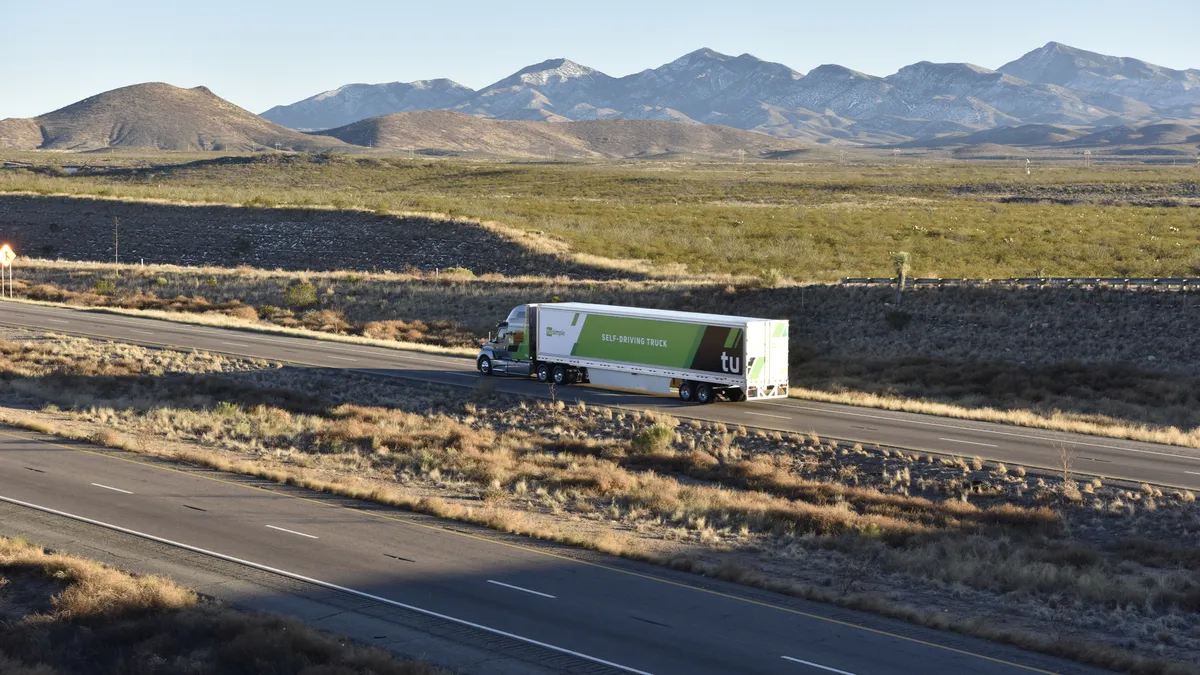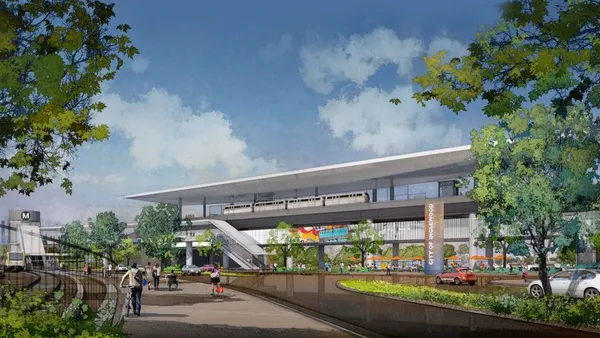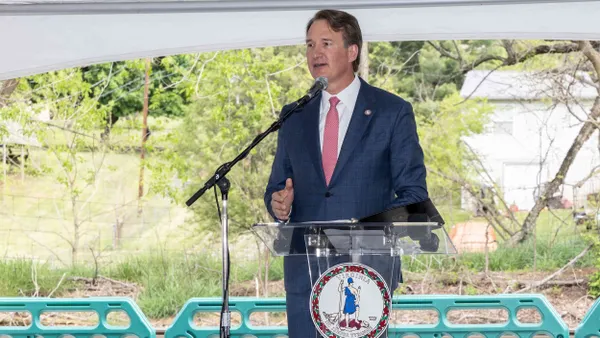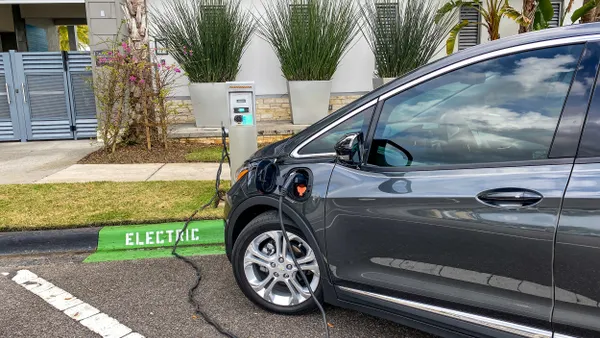Dive Brief:
- The U.S. Department of Transportation (USDOT) has awarded Ohio a $7.5 million grant to study the use of autonomous vehicles (AVs) on rural roads.
- The four-year project will focus on running AVs on roads in 32 counties in the state's Appalachian region, including on unpaved roads. The testing will occur in all seasons, day or night and in challenging conditions like work zones.
- The project will be led by DriveOhio, an initiative of the Ohio Department of Transportation (ODOT), with partners including The Ohio State University, Ohio University and the University of Cincinnati. Combined with funding from state and academic partners, total funding for the project will be $17.8 million.
Dive Insight:
Although an estimated 97% of the nation's roads are rural, AV testing has been largely confined to urban areas.
It can be easier to test on the more confined grids in cities, and automakers see a viable market in launching self-driving ride-hailing services for urban users.
However, that could leave rural areas behind when AVs come to market, since rural roads pose additional challenges, from infrastructure conditions to limited visibility to a lack of traffic.
On top of that, rural roads are more dangerous; according to the Federal Highway Administration "by nearly every quantifiable measure, rural highway fatalities exceed the national average."
More than half of fatal crashes occur on rural roads, despite a smaller percentage of the population living in rural areas, so this scheme will help automakers and technologists understand where the kinks are in AV rollout.
The grant also cements Ohio's status as a national leader in AV research and deployment, building on a 2018 executive order from former Gov. John Kasich, which emphasized the state's "diversity" in weather and terrain as a draw for companies.
The state last month opened a $45 million testing facility in East Liberty, the nation's largest contained testing site for connect and AV technologies. Through the DriveOhio Autonomous Vehicle Pilot Program, cities large and small have signed up to be testing sites, and Columbus has been active in putting autonomous shuttles and cars on city streets with support from $40 million in grants from the 2016 Smart City Challenge award.











